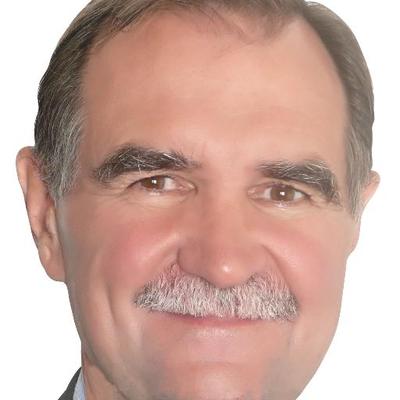
Just because your company may be a small social enterprise does not mean it cannot generate outsized impact. Just take a look at this shea butter company in Ghana.
Just because your company is a small social enterprise does not mean it cannot generate outsized impact. Take a look at this company in Ghana as an example.
Baraka Shea Butter has made generating a lasting social impact central to its business strategy, transforming impact into a significant competitive advantage and a core component of its brand strategy.
Despite being a small, Canadian family-owned business, Baraka has been able to create considerable social, economic and environmental impact in communities in northern Ghana and has translated its mission into a sizable business advantage.
Baraka’s business model is based on maximizing social impact and environmental stewardship throughout its supply chain, especially with the hard-working women in rural Ghanaian communities that produce Baraka Shea Butter.
This impact is then strategically woven into marketing, communications and Baraka’s brand story, in a way that supports customer acquisition and retention, while creating value throughout the supply chain. This strategy enables Baraka to invest more in community-level impact initiatives as a result of the way business value is integrated and aligned with social and environmental impact.
This impact, which includes projects across nearly all of the 17 Sustainable Development Goals (SDGs) of the United Nations, supports education, healthcare, community development and environmental efficiency.
Baraka pays above market prices for their shea butter and works with Ghanian women, their communities and other stakeholders to support additional development projects. These include initiatives such as supporting school fee payments, providing school uniforms, supporting special events and activities, and the restoration of ecosystems.
We launched this company to provide income generation support to a group of village women who insisted they didn’t want charity, only the opportunity to earn income.
From this project, they started to purchase shea butter, and sell it in North America to people and businesses that use it to make personal care products such as soap and lotions. From the onset, the social impact at the village level was core to the Baraka story. Corporate customers loved the story and started to use it to help sell the products containing Baraka Shea Butter. Their own customers also loved it, and an impactful virtuous circle had begun, aligning business growth with social impact and environmental stewardship.
Baraka works directly with its customers, helping them tie the supply chain social impact to their own brand story in a way that drives sales, market positioning and customer loyalty. Some customers have co-financed impact projects with Baraka. In turn, Baraka provides them with images, video, stories, and other content that places their brand in the community and at the heart of the impact.
Other customers simply repurpose and re-use Baraka’s impact content to support their own brand story, market positioning, customer acquisition and customer retention. Baraka has even developed a program to provide customers with customized images, encouraging them to be more effective at linking themselves to the community-level social impact. Here is how I would summarize our growth and impact:
“Integrating social impact and environmental stewardship into the core of our business strategy has been integral to our growth. Over 85 percent of new customers cite our impacts as a key to their buying decision. Our community work produces tons of unique content for our social media and communication platforms and, quite frankly, it makes the business more fun and rewarding.”

Wayne Dunn is President and Founder of the CSR Training Institute. He is a former Professor of Practice in Corporate Social Responsibility at McGill University.














